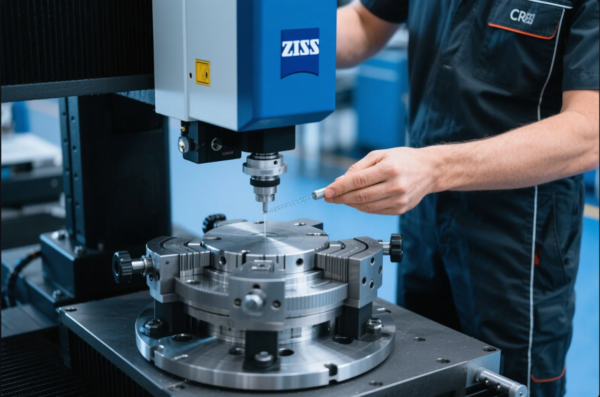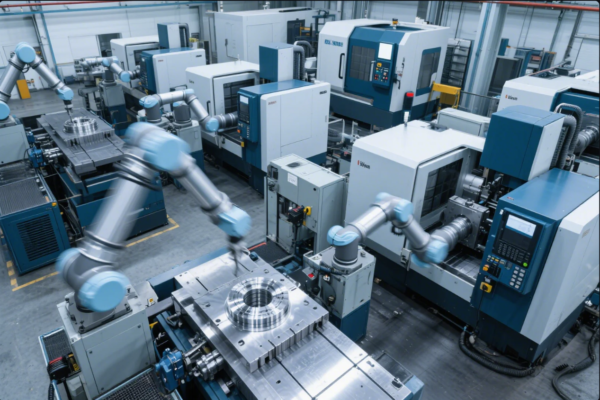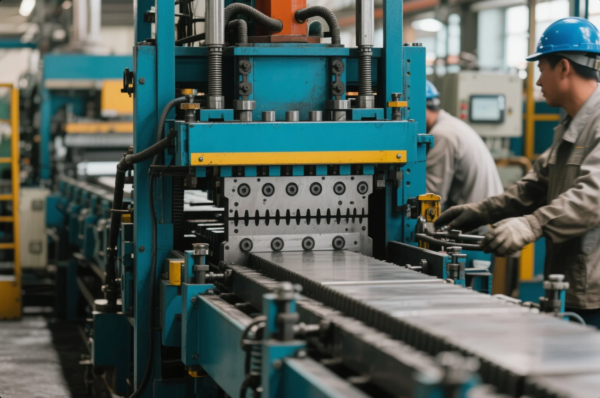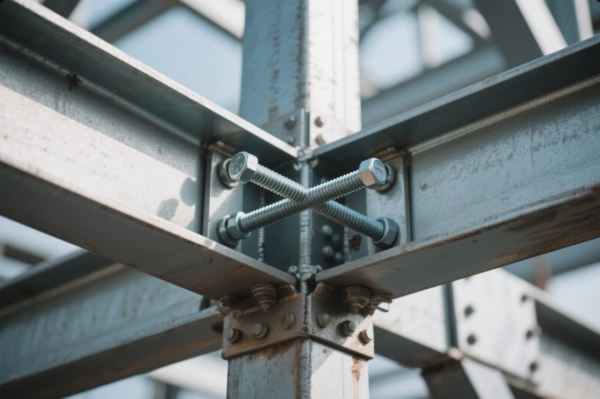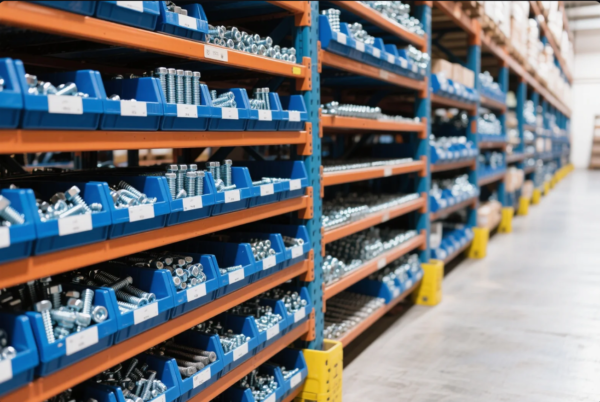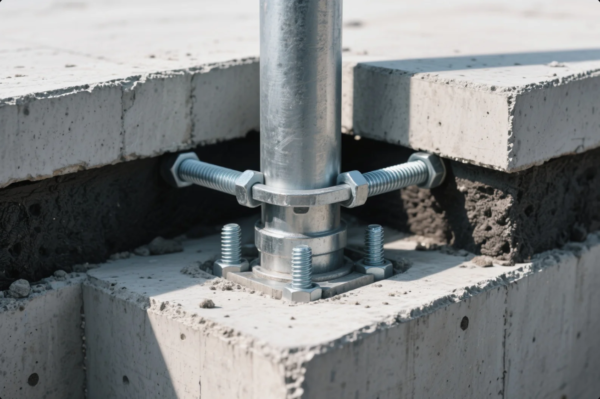What is the strongest type of fastener?
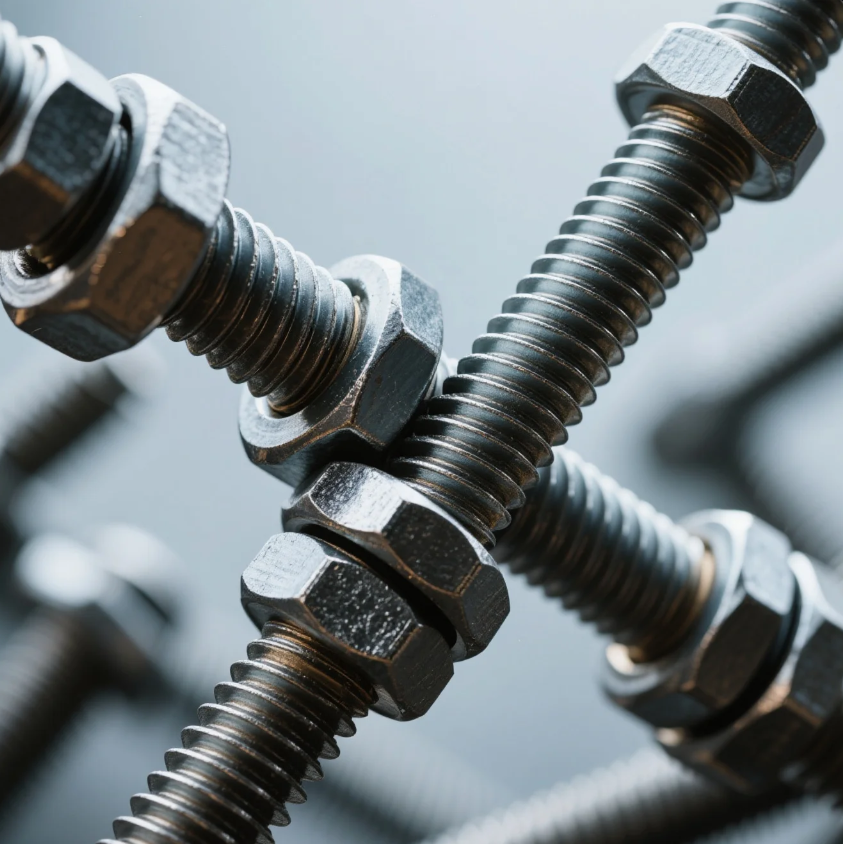
Choosing the right fastener is crucial for ensuring the strength and reliability of your assemblies. The strongest type of fastener provides superior holding power and is essential in high-stress applications.
Strong fasteners, like grade 8 bolts and high-strength steel, offer enhanced durability. In this article, we’ll explore the strongest fasteners and their applications.
Read on to learn about the fasteners with the most holding power, and how they’re used to secure critical components in demanding environments.
What are the strongest fasteners?
The strongest fasteners are typically high-strength bolts such as grade 8 bolts, titanium bolts, and steel rivets. These fasteners are designed to provide maximum holding power, especially in applications that require durability and resistance to stress.
Snippet paragraph: High-strength bolts, grade 8 bolts, and steel rivets are considered the strongest fasteners, offering superior holding power for heavy-duty applications.
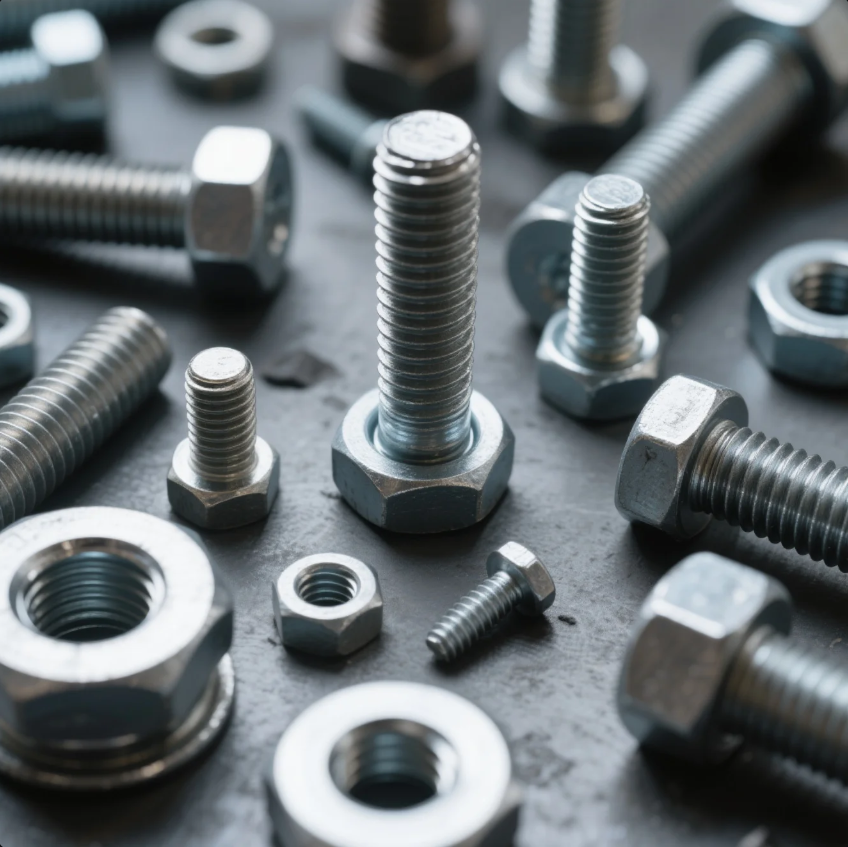
Dive-Deeper on Strong Fasteners
When it comes to selecting the strongest fasteners, materials and grades play a significant role. Let’s dive into the most powerful fasteners used in industries like construction, automotive, and aerospace:
-
Grade 8 Bolts: These bolts are made of carbon steel and are heat-treated to increase their strength. They are commonly used in high-stress applications, such as in automotive engines, machinery, and heavy equipment.
-
Titanium Bolts: Titanium fasteners are known for their strength-to-weight ratio, making them ideal for industries that require both strength and lightweight materials. They are used in aerospace and military applications.
-
High-Strength Steel Rivets: Rivets made from high-strength steel offer superior shear strength and are often used in metalworking and construction. They are particularly useful for joining materials where welding is not feasible.
-
Stainless Steel Fasteners: While stainless steel is not as strong as high-carbon steel, it offers excellent corrosion resistance, making it a popular choice for applications in marine environments and areas exposed to moisture.
-
Lock Nuts and Washers: For enhanced holding power, lock nuts and washers are often paired with bolts to prevent loosening over time. These fasteners are designed to withstand vibrations, making them ideal for machinery and automotive parts.
Choosing the strongest fasteners depends on the specific application, materials, and environmental conditions. High-strength bolts, titanium fasteners, and steel rivets are popular choices for their durability and performance.
Which fastener has the most holding power?
Grade 8 bolts are widely considered the fasteners with the most holding power. They are made from carbon steel and heat-treated to achieve a tensile strength of up to 150,000 PSI, making them ideal for applications that require maximum holding capacity.
Snippet paragraph: Grade 8 bolts are known for their high tensile strength and are considered the fasteners with the most holding power in demanding applications.
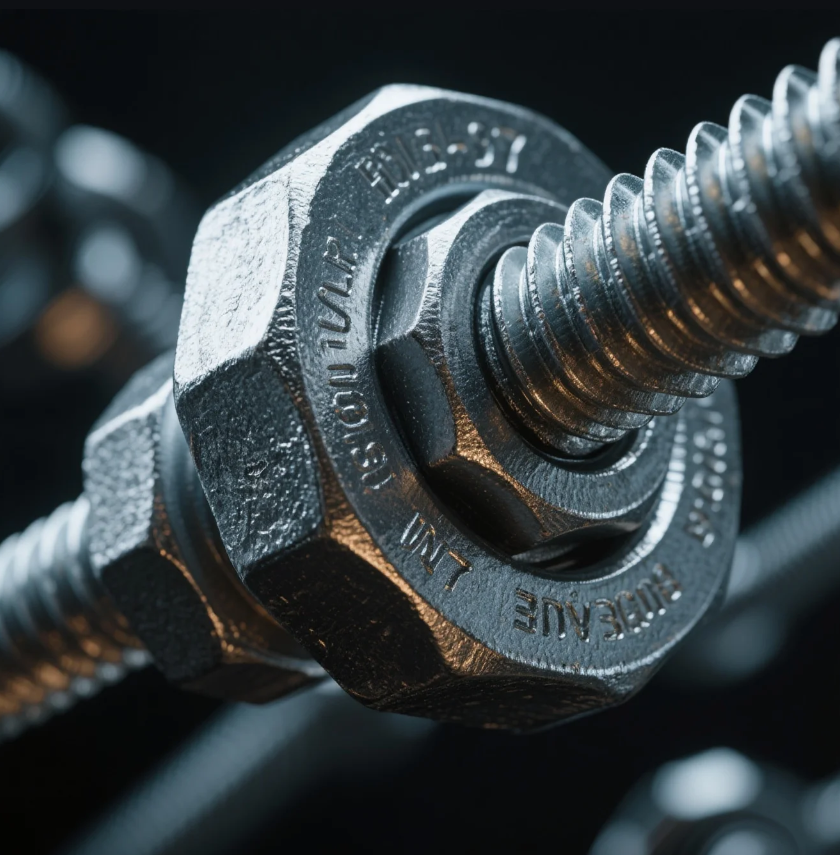
Dive-Deeper on Holding Power
The holding power of a fastener depends on several factors, including the material, the grade, and the design of the fastener. Here are the key factors that contribute to holding power:
-
Tensile Strength: Tensile strength refers to the maximum stress a fastener can withstand without breaking. Grade 8 bolts, with their 150,000 PSI tensile strength, are one of the strongest available fasteners.
-
Material Strength: The material used in the fastener affects its holding power. High-strength materials such as carbon steel, titanium, and stainless steel are preferred for heavy-duty applications.
-
Thread Design: The design of the threads on a fastener also affects its holding power. Coarse threads offer better resistance to stripping, while fine threads provide greater clamping force.
-
Size and Length: Larger and longer fasteners can provide more holding power, but they also require more precise installation to ensure that they do not cause material deformation.
-
Surface Treatment: Surface treatments, such as galvanization or anodization, can enhance the strength and corrosion resistance of fasteners, increasing their overall holding power.
In applications where the most holding power is required, grade 8 bolts remain the go-to choice due to their high tensile strength and robust performance.
Is grade 8 or 12.9 stronger?
Grade 12.9 fasteners are stronger than grade 8 fasteners in terms of tensile strength. Grade 12.9 bolts have a tensile strength of up to 190,000 PSI, making them suitable for the most demanding applications in industries like aerospace, automotive, and heavy machinery.
Snippet paragraph: Grade 12.9 bolts are stronger than grade 8 bolts, with higher tensile strength, making them ideal for extremely high-stress applications.
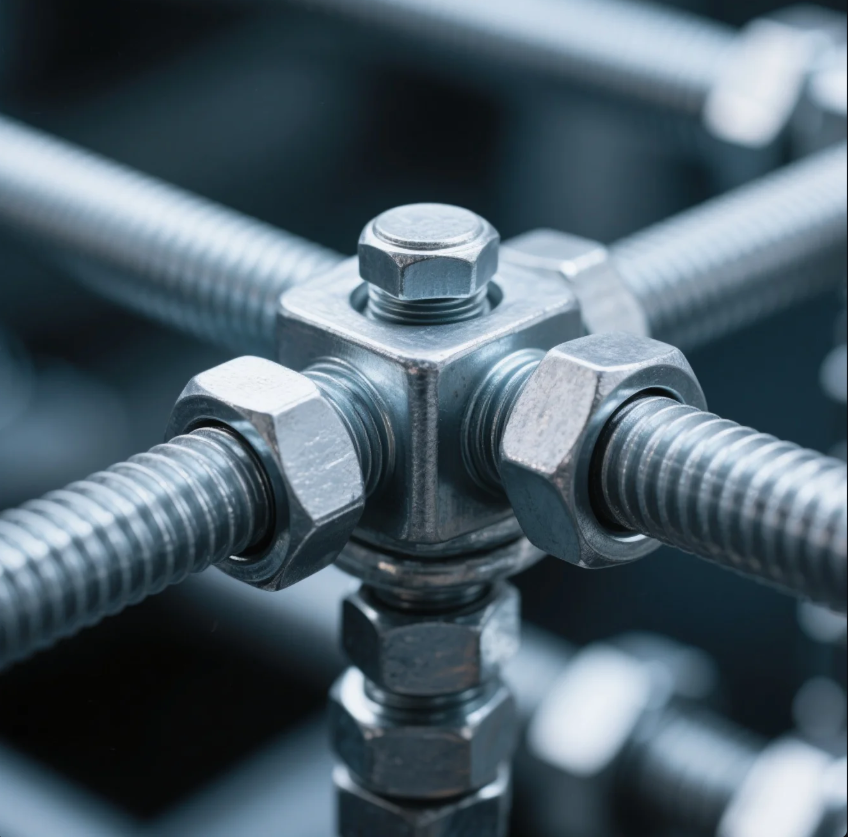
Dive-Deeper on Grade 8 vs Grade 12.9
Grade 8 and Grade 12.9 fasteners are both high-strength options, but there are key differences in their performance:
-
Tensile Strength:
- Grade 8: Tensile strength of up to 150,000 PSI.
- Grade 12.9: Tensile strength of up to 190,000 PSI, which is significantly higher than grade 8.
-
Material: Grade 8 bolts are typically made of carbon steel, while grade 12.9 fasteners are made of alloy steel, which is stronger and can withstand higher levels of stress.
-
Applications: Grade 8 fasteners are ideal for general high-stress applications like automotive and industrial machinery. Grade 12.9 fasteners are used in more demanding environments such as aerospace, oil rigs, and heavy-duty manufacturing.
-
Cost: Grade 12.9 bolts tend to be more expensive due to their superior strength and manufacturing requirements.
In terms of raw strength, grade 12.9 bolts are the superior choice. However, grade 8 bolts still remain widely used in less extreme applications where high tensile strength is required but not at the level of grade 12.9.
What is a high strength fastener?
A high-strength fastener is a fastener that has been designed to withstand extreme stress and pressure. These fasteners are made from materials like high-carbon steel, alloy steel, and titanium, and are used in industries where the integrity of the assembly is crucial.
Snippet paragraph: High-strength fasteners are designed to resist high levels of stress and are used in industries such as aerospace, automotive, and heavy machinery.
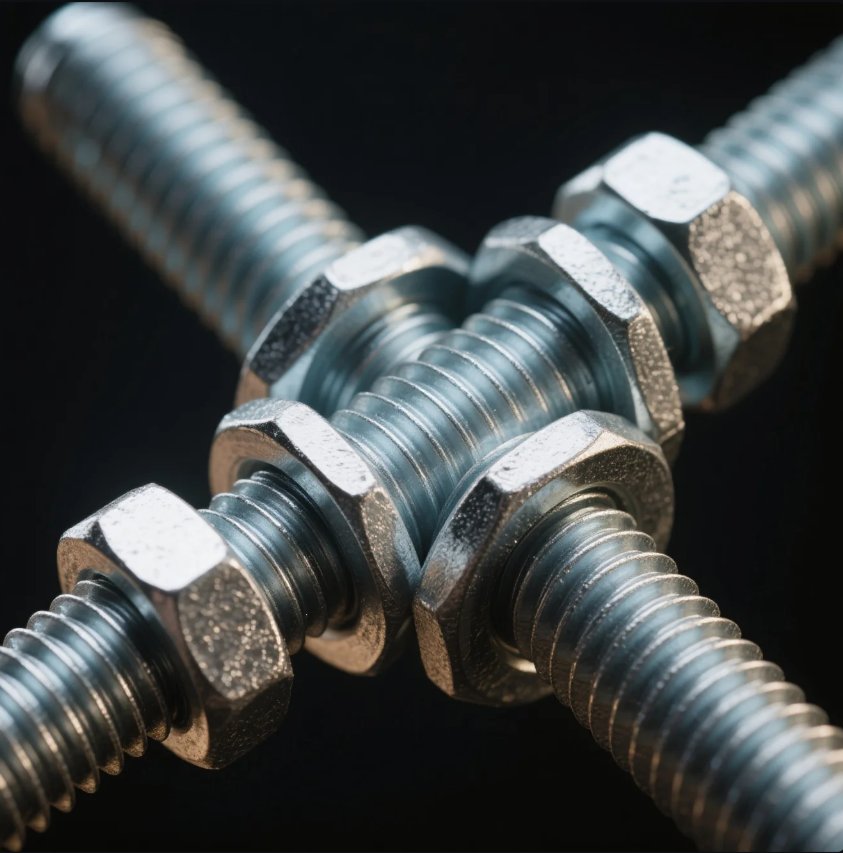
Dive-Deeper on High-Strength Fasteners
High-strength fasteners are essential in applications that demand durability and reliability. These fasteners are typically characterized by:
-
High Tensile Strength: High-strength fasteners are rated based on their tensile strength, which indicates how much force the fastener can withstand before breaking. Fasteners like grade 8 and grade 12.9 bolts offer high tensile strength for demanding applications.
-
Corrosion Resistance: Many high-strength fasteners are coated or treated to resist corrosion, especially when used in outdoor or marine environments. Stainless steel and titanium are popular materials for corrosion-resistant fasteners.
-
Material Selection: Alloy steel and titanium are often used in high-strength fasteners due to their superior strength-to-weight ratio. These materials ensure that the fasteners can withstand heavy loads without compromising on weight.
-
Precision Manufacturing: High-strength fasteners are often manufactured to tight tolerances to ensure that they perform well under high stress. Quality control and testing are essential for ensuring that these fasteners meet the necessary strength standards.
In industries such as aerospace, construction, and automotive, high-strength fasteners are critical for ensuring the safety and reliability of the final product.
Conclusion
Grade 12.9 bolts are the strongest fasteners, offering the highest tensile strength, while grade 8 bolts remain a popular choice for less extreme applications. High-strength fasteners are essential for demanding tasks in industries like aerospace and automotive.

